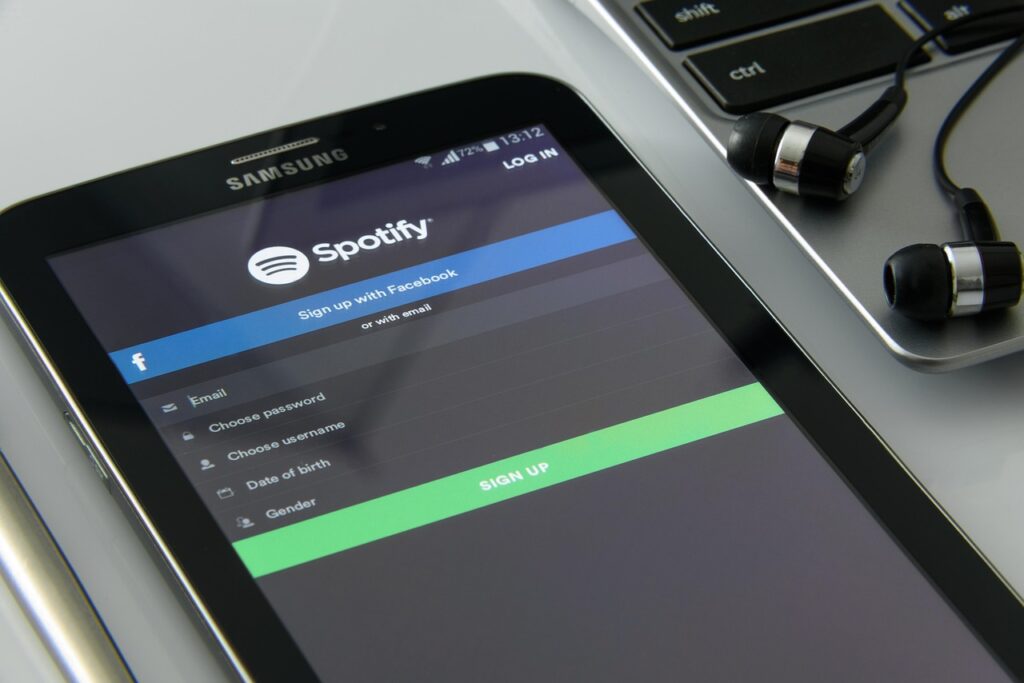Searching for “Adderall” on Spotify reveals not only podcasts about ADHD and recovery but also fake shows promoting illegal drug sales. These fraudulent podcasts use titles like “My Adderall Store” and include links to unsafe online pharmacies selling controlled drugs without prescriptions. This illegal activity raises serious concerns about Spotify’s content moderation and user safety.
Investigators found numerous deceptive podcasts on Spotify promoting unregulated sales of drugs such as Adderall, Oxycodone, Vicodin, Methadone, and Ambien. These podcasts often promise users they can buy these controlled substances without prescriptions, which violates U.S. law. Some of these shows ranked among the top 50 search results for popular drug names.
One show, “Xtrapharma.com,” uploaded short audio clips advertising drugs like Xanax and Hydrocodone. The synthetic voices claimed users could order medications “without prescription,” offering easy access from home. Another show titled “Order Xanax 2 mg Online Big Deal On Christmas Season” linked users to suspicious pharmacies.
After being notified, Spotify began removing many of the fake podcasts. A company spokesperson said they continuously detect and remove harmful content. Yet, many fraudulent podcasts remain live, raising doubts about the effectiveness of Spotify’s moderation.
Spotify allows anyone to upload and monetize podcasts using free tools. The platform forbids hate speech, spam, and illegal content, including the sale of unapproved drugs. It uses a mix of automated systems and human review, but experts say these efforts are insufficient.
The rise of AI voice-generation tools has made it easier for fraudsters to mass-produce these fake podcasts. Shows like “John Elizabeth” use computerized voices to repeatedly promote the same illicit pharmacy sites. This suggests coordinated schemes to exploit Spotify’s platform.
Moderating audio content is harder than text-based content, and there are no specific regulations for platforms on this issue. Despite detailed reports, many fake podcasts have stayed online for months.
Tech blogger Lauren Balik publicly urged Spotify CEO Daniel Ek to address this growing problem. Government agencies have long warned about the dangers of buying prescription drugs from unofficial online sellers, which can be illegal and life-threatening.
In 2011, Google paid $500 million over similar issues with Canadian drug ads targeting U.S. buyers. The FDA has also urged major tech platforms to enforce policies against illegal opioid sales.
Spotify has faced criticism before over health misinformation. In 2022, protests targeted the platform’s role in spreading false COVID-19 vaccine claims on “The Joe Rogan Experience.” Spotify responded with advisories and created a Safety Advisory Council, acquiring a startup to improve content monitoring.
Despite these steps, experts argue Spotify must do more to prevent fake medical promotions from putting users at risk.
Platforms hosting user-generated content will always face abuse by those pushing drugs. Families and advocacy groups urge Spotify to strengthen oversight and improve its detection tools. Without urgent action, fake medical podcasts promoting illegal drug sales could cause more harm, especially among vulnerable young listeners.
The rise of fake podcasts promoting illegal drug sales on Spotify exposes gaps in platform moderation and highlights a dangerous new trend. Spotify has taken steps to remove some harmful content but faces ongoing challenges with automated uploads and synthetic voices. Stronger policies and enforcement are critical to protecting users and curbing illegal online drug trade.


